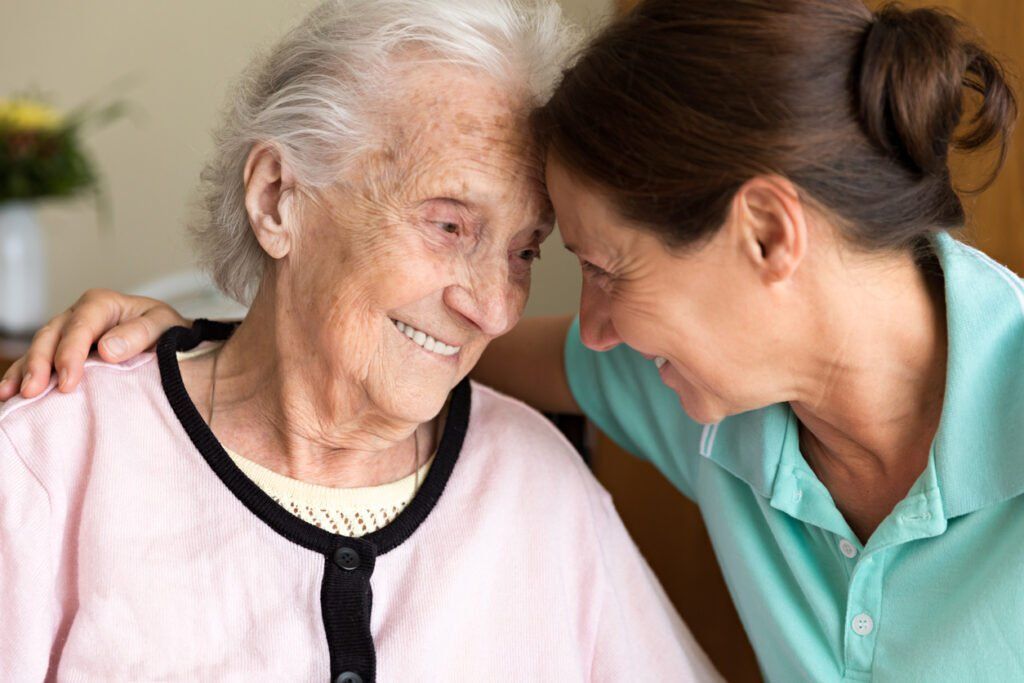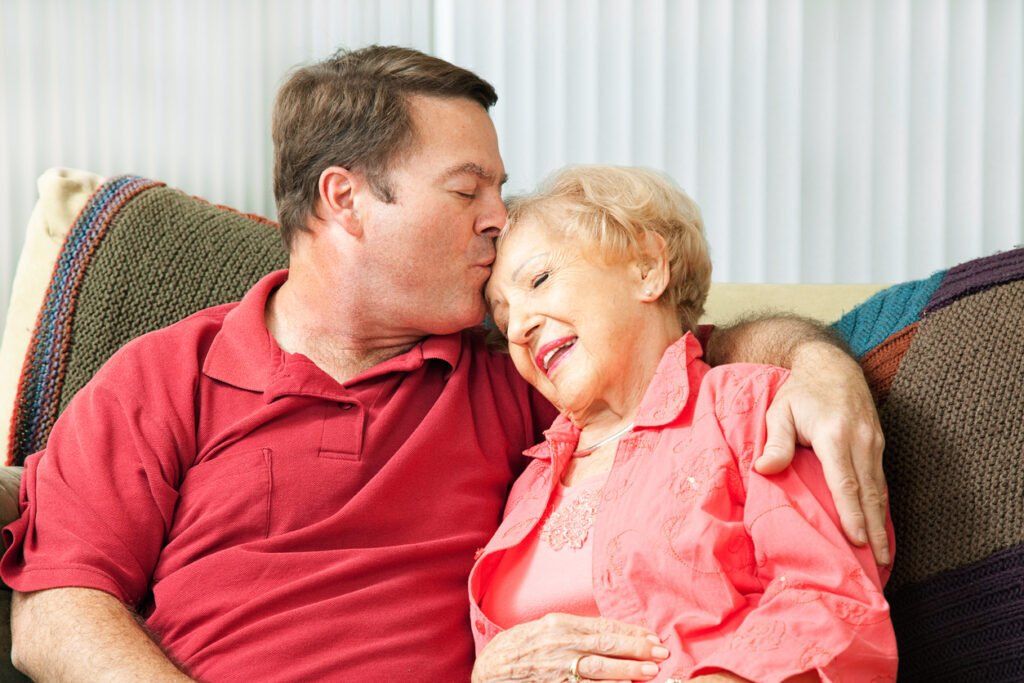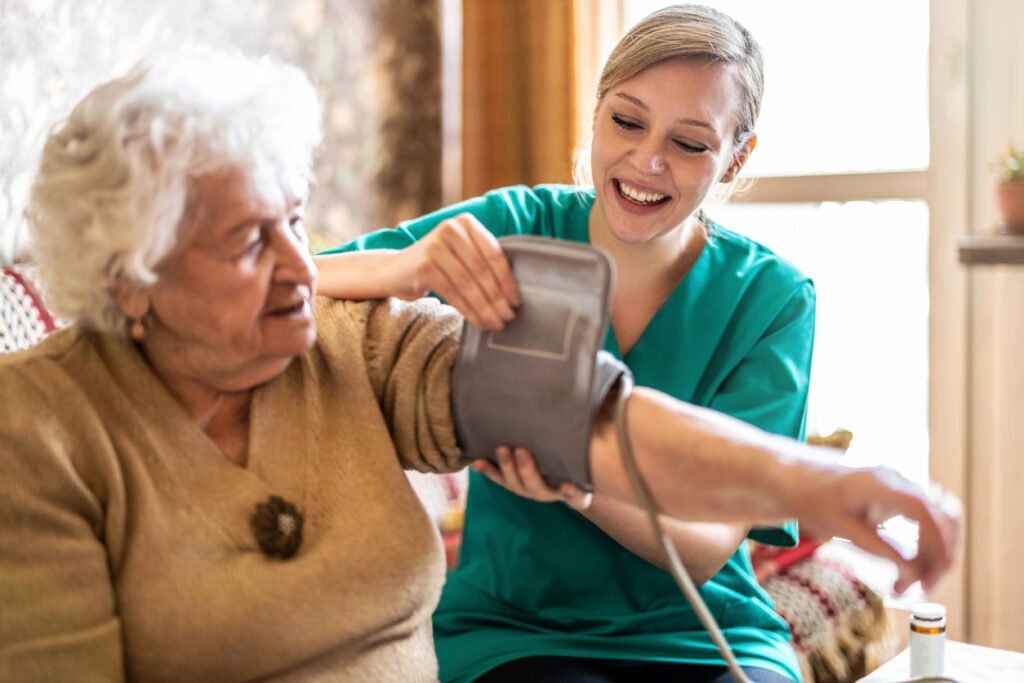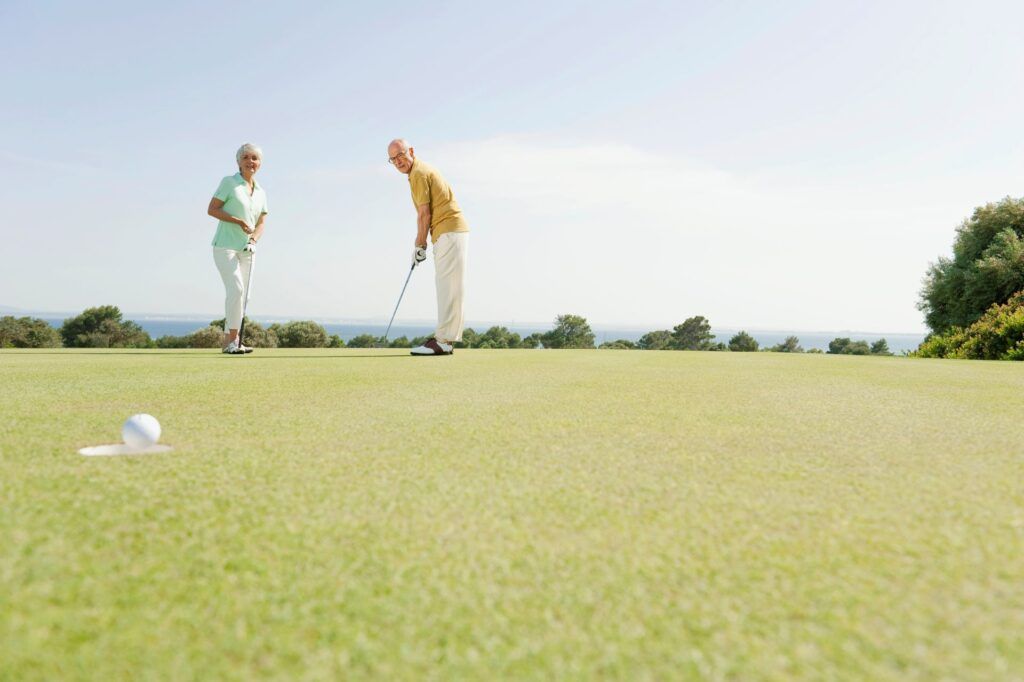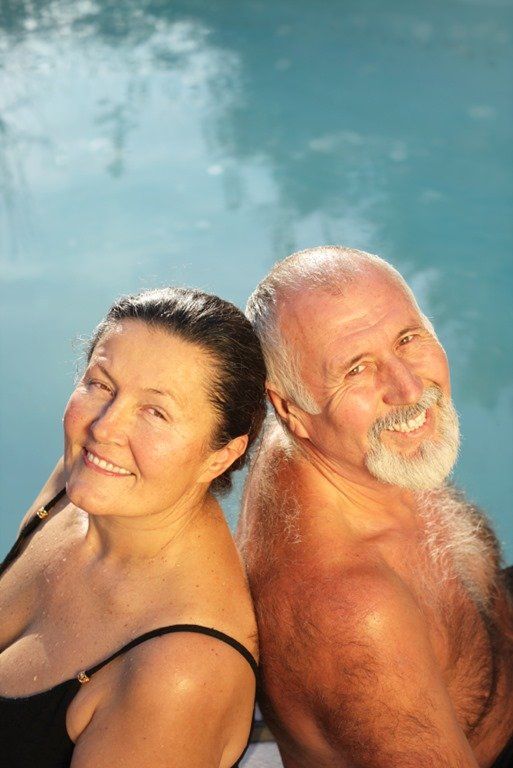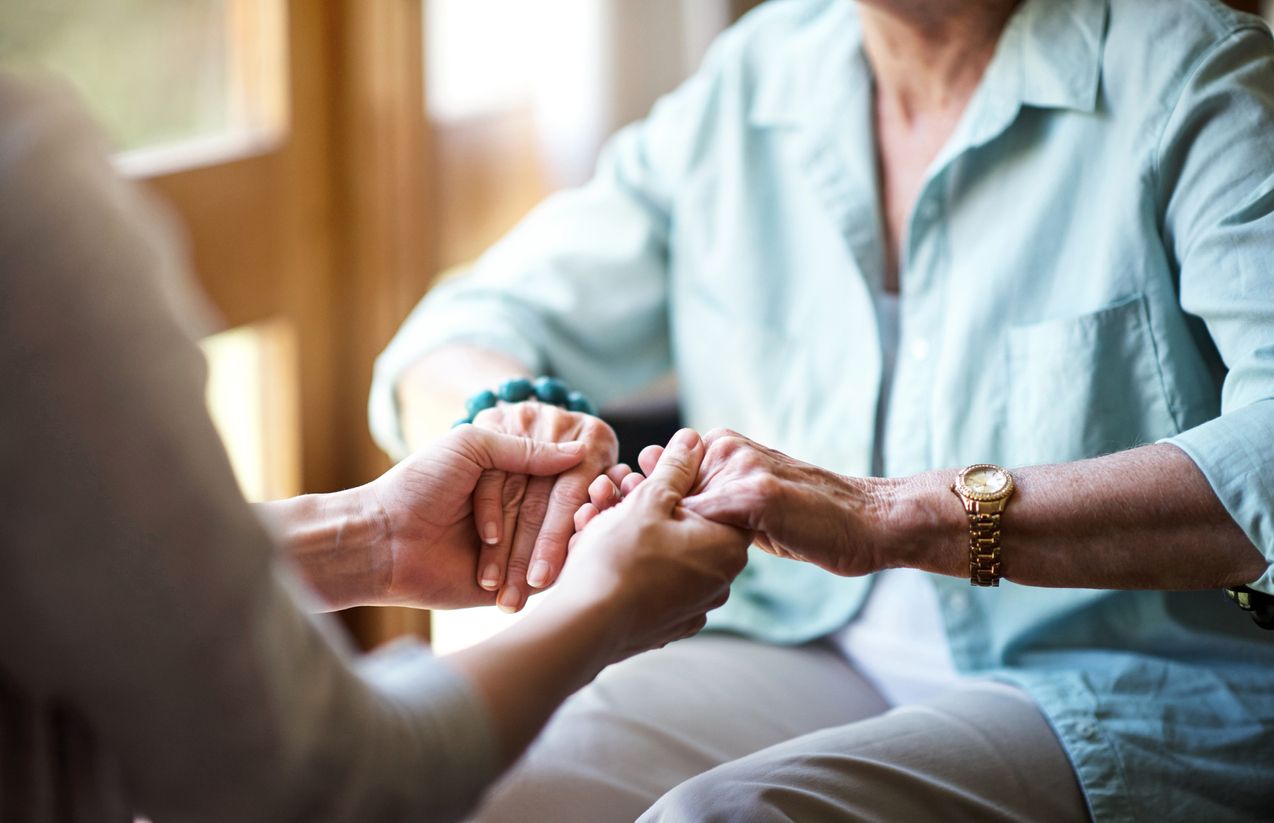July is National Ultraviolet Radiation (UV) Safety Month!
Summer and warm weather are here, and that means plenty of time spent outdoors or at the pool, lake or beach. However, excessive sun exposure, especially from UV radiation, can lead to detrimental health effects in the future.
What is ultraviolet (UV) radiation? Ultraviolet radiation is emitted by the sun. There are three types of UV radiation – UVA, UVB and UVC – that differ in wavelength. All of UVC and most of UVB are absorbed by the ozone layer before they reach the earth. However, UVA is harmful to humans since it is not absorbed by the ozone layer about the earth, reaching beyond the top layer of human skin.
A little bit of sun exposure is needed regularly to ensure that the body can produce enough Vitamin D. But too much time spent in the sun over a long period can lead to sun burns, skin cancers or melanomas, cataracts or macular degeneration, premature skin aging and immune system problems.
Statistics reveal a cause for concern:
· In 2009, more than 1 million people in the United States were diagnosed with skin cancer, making it the most common of all cancers. More people were diagnosed with skin cancer in 2009 than with breast, prostate, lunch and colon cancer combined. About 1 in 5 Americans will develop skin cancer in their lifetime.
· One American dies of melanoma almost every hour.
· In the U.S., medical costs to treat skin cancer are estimated at almost $2 billion annually.
The following are action steps for sun protection:
· Do not burn
· Avoid sun tanning and tanning beds.
· Generously apply sunscreen. Apply one ounce to cover all exposed skin 20 minutes before going outside. Sunscreen should have a Sun Protection Factor (SPF) of at least 15 and provide protection from both ultraviolet A (UVA) and untraviolet B (UVB) rays. Reapply every two hours, even on cloudy days, and after swimming or sweating.
· Wear protective clothing. Wearing a long sleeved shirt, pants, a wide brimmed hat and sunglasses can help limit your exposure to damaging UV rays.
· Seek shade. When possible, seek shade and breaks from the sun and remember that the sun’s UV rays are most harmful between 10 a.m. and 4 p.m.
· Use extra caution when near water, snow and sand. All of these can reflect the damaging rays of the sun which can increase your chances of a sun burn.
· Check the UV Index. The UV index provides important information to help you plan your outdoor activities in ways that prevent sun exposure. The UV Index is issued daily by the National Weather Service and the Environmental Protection Agency (EPA). The index ranges from a 1-11 scale with 1 being low and anything over 6 being high and cause for extra precaution. Visit www.epa.gov/sunwise/uvindex.html
· Get Vitamin D Safely. Get Vitamin D safely through a diet that includes vitamin supplements and foods fortified with Vitamin D. Limit your sun exposure.
· If you have fair skin and light hair (blond or red), you are at higher risk for skin cancer. Experts recommend that you see a dermatologist once a year for a skin check.
By using common sense and limiting sun exposure, you can reduce your and your loved ones chances of developing skin cancer and other complications from too much sun exposure. Early detection of skin cancer can save your life. A new or changing mole should be promptly evaluated by a dermatologist.
Sources: Environmental Protection Agency (EPA), American Cancer Society
The post July is National Ultraviolet Radiation (UV) Safety Month! appeared first on Kansas City Home Care.
REQUEST FREE
IN HOME ASSESSMENT
REQUEST FREE IN HOME ASSESSMENT
